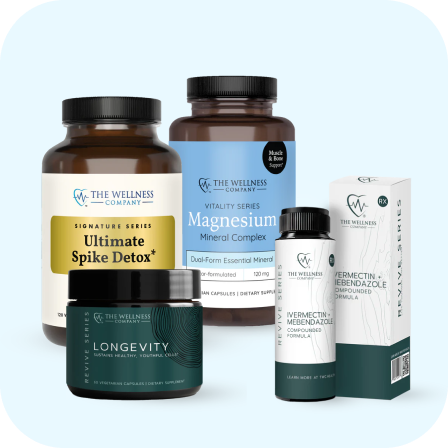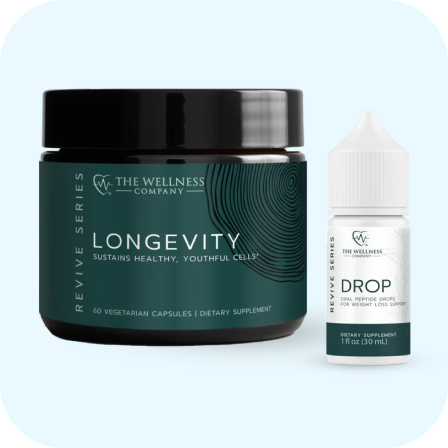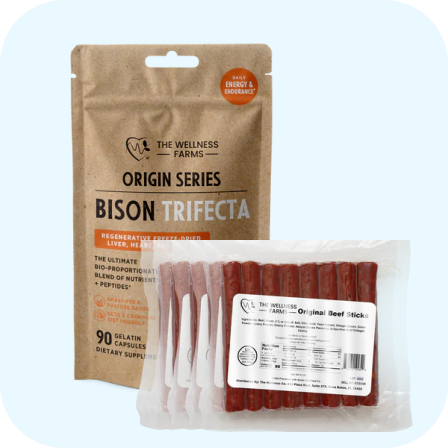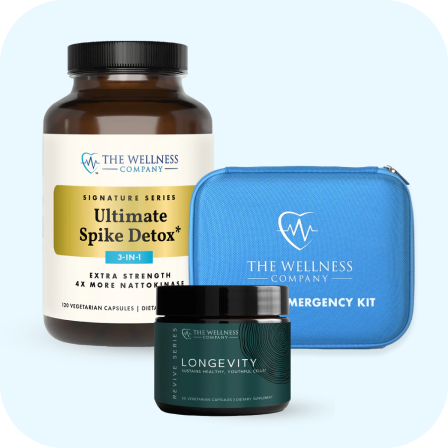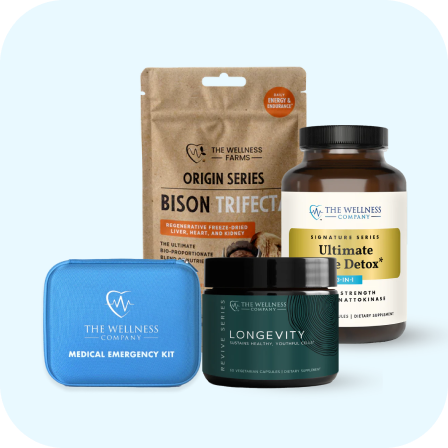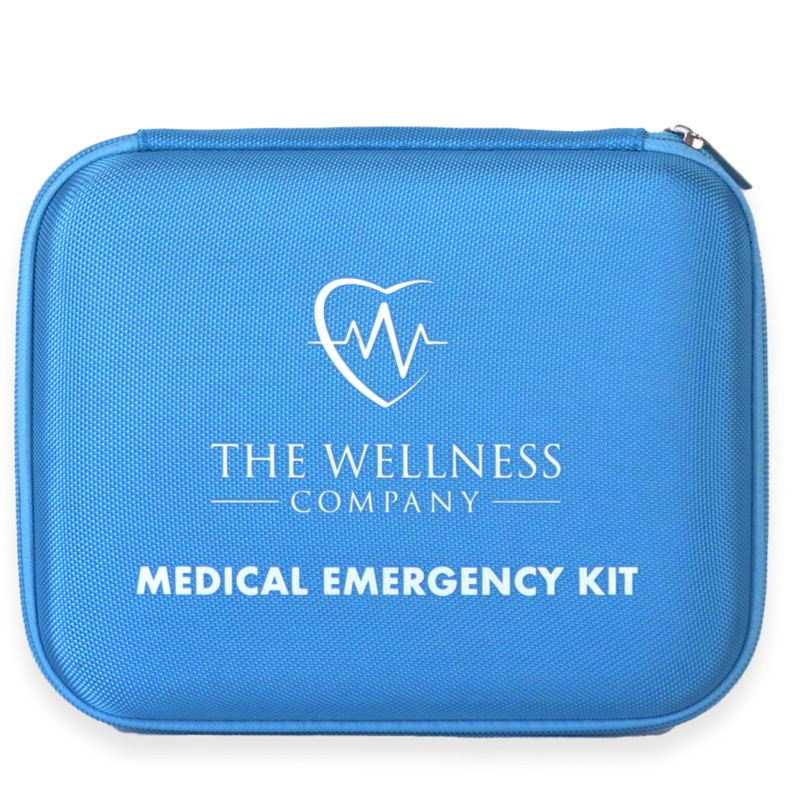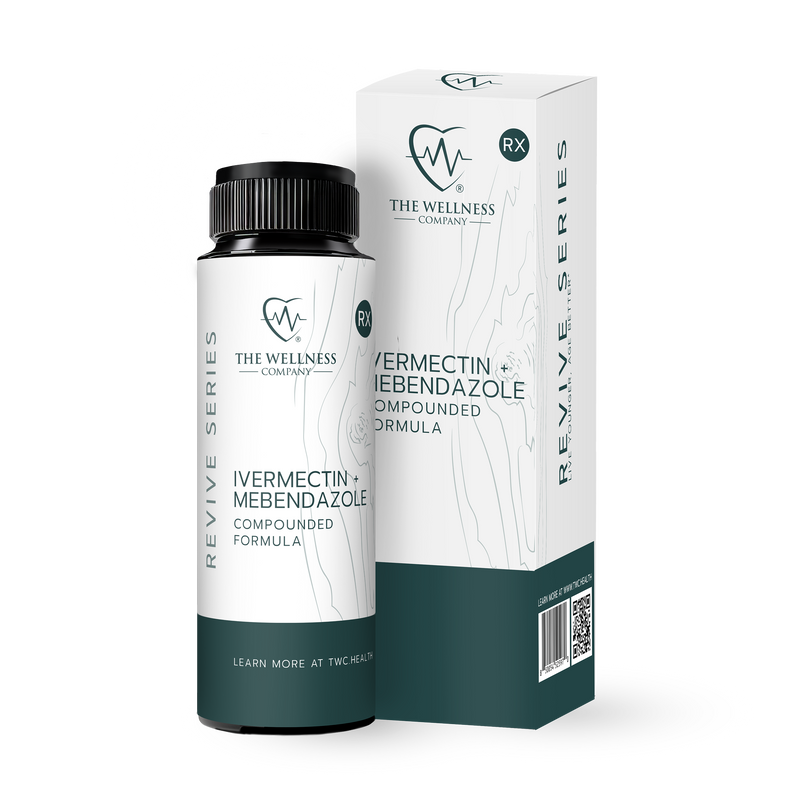Organic Bee Pollen: Nature’s Multivitamin
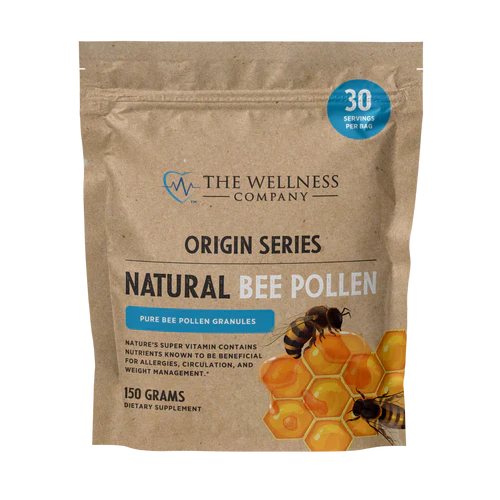
When we consider the honeybee, most of us immediately think of the delicious honey it produces. This sweet syrup, however, is just one valuable product of these industrious insects. Another is Organic Bee Pollen, which collects on the legs of worker bees as they move from flower to flower, foraging for nectar and pollen. Once returned to the hive, bee pollen is packed into cells in the honeycomb along with honey and enzymes. This process yields a unique superfood with a bounty of health-promoting vitamins, minerals, amino acids, and antioxidants.
Historical Consumption of Bee Pollen
The historical use of bee pollen can be traced back to ancient cultures far and wide [1]. In ancient Egypt, bee pollen was known as “the powder that gives life.” In ancient Greece, it was called “ambrosia,” the food of the Gods. Hippocrates, the father of modern medicine, and Pythagoras, the influential philosopher, often prescribed it to their patients for its healing benefits.
Indigenous communities are believed to have carried pouches of pollen around their necks to provide sustaining energy for long journeys. Cultures as diverse as the Chinese, Māori, and Romans also held pollen in high regard, seeing as a cure-all for various ailments.
Given the degree to which bee pollen was venerated in the ancient world, it should come as no surprise that it remains a staple in the diet of modern people around the world. The question remains: what gives bee pollen its medicinal and nutritive power?
Health Benefits
Nutrient Density
Bee Pollen’s medicinal qualities stem partly from its incredibly high nutrient content. It is chock full of vitamins A, B, C, D, E, and K, as well as minerals like calcium, iron, and zinc, which orchestrate a wide range of critical biological functions. It also contains essential amino acids that form the building blocks of proteins and are essential for growth and repair of the body's tissues [2].
Antioxidant Effect
But it’s not merely sustenance that bee pollen provides. Its high antioxidant content [3] protects the body from damage caused by harmful molecules known as free radicals, which are associated with chronic diseases such as heart disease, cancer, and diabetes.
Anti-inflammatory Impact
Bee pollen also has anti-inflammatory properties, similar in magnitude to drugs such as naproxen [4]. This makes it a potential therapeutic for inflammatory conditions such as arthritis, asthma, and eczema.
Allergy Relief
Seasonal allergies are another health problem bee pollen has been shown to address. Research has revealed that bee pollen acts as an anti-histamine, inhibiting a process called mast cell degranulation, which triggers allergic reactions [5].
Anti-microbial, Anti-viral, Anti-fungal Potency
Not least of all, bee pollen has been shown to exert anti-microbial effects, which may make it a potent way to boost your immune system’s ability to fight infections [6].
How to Get the Benefits
At this point, you might be wondering how to incorporate bee pollen into your wellness routine. To derive maximal benefits from, it is essential to choose a high-quality, pure supplement that is free from additives, fillers, and synthetic ingredients, such as the product offered in our marketplace.
Simply add a teaspoon to toast, granola, a smoothie, and enjoy the floral, sweet flavor of “the powder that gives life” and all the health benefits that come with it.
References
[1] Mărgăoan, R., Stranț, M., Varadi, A., Topal, E., Yücel, B., Cornea-Cipcigan, M., ... & Vodnar, D. C. (2019). Bee collected pollen and bee bread: Bioactive constituents and health benefits. Antioxidants, 8(12), 568.
[2] Morais, M., Moreira, L., Feás, X., & Estevinho, L. M. (2011). Honeybee-collected pollen from five Portuguese Natural Parks: Palynological origin, phenolic content, antioxidant properties and antimicrobial activity. Food and Chemical Toxicology, 49(5), 1096-1101.
[3] Komosinska-Vassev, K., Olczyk, P., Kaźmierczak, J., Mencner, L., & Olczyk, K. (2015). Bee pollen: chemical composition and therapeutic application. Evidence-Based Complementary and Alternative Medicine, 2015.
[4] Ishikawa, Y., Tokura, T., Nakano, N., Hara, M., Niyonsaba, F., Ushio, H., ... & Ogawa, H. (2008). Inhibitory effect of honeybee-collected pollen on mast cell degranulation in vivo and in vitro. Journal of medicinal food, 11(1), 14-20.
[5] Nainu, F., Masyita, A., Bahar, M. A., Raihan, M., Prova, S. R., Mitra, S., ... & Simal-Gandara, J. (2021). Pharmaceutical prospects of bee products: Special focus on anticancer, antibacterial, antiviral, and antiparasitic properties. Antibiotics, 10(7), 822.







